PHYLLIS WEBB Mingling Voices draws on the work of both new and established poets, novelists, and writers of short stories. The series especially, but not exclusively, aims to promote authors who challenge traditions and cultural stereotypes. It is designed to reach a wide variety of readers, both generalists and specialists. Mingling Voices is also open to literary works that delineate the immigrant experience in Canada. SERIES TITLES
E.D. Blodgett
E.D.
THE
Metabolism
of Desire
The Poetry of Guido Cavalcanti
Translated by David R. Slavitt

Copyright 2012 David R. Slavitt Published by AU Press, Athabasca University 1200, 10011 109 Street, Edmonton, AB T5J 3S8 ISBN 978-1-926836-84-3 (print) ISBN 978-1-926836-85-0 (PDF) ISBN 978-1-926836-86-7 (epub) A volume in Mingling Voices ISSN 1917-9405 (print) 1917-9413 (online) Cover design by Kate Hall. Printed and bound in Canada by Marquis Book Printers. 1300 [Selections. 1300 [Selections.
English & Italian. 2012] The metabolism of desire : the poetry of Guido Cavalcanti / translated by David R. Slavitt. (Mingling voices, ISSN 1917-9405) Text in Italian with English translation on opposite pages. Issued also in electronic formats. ISBN 978-1-926836-84-3 1.
Cavalcanti, Guido, d. 1300 Translations into English. i. Slavitt, David R., 1935 ii. Title. iii.
Series: Mingling voices PQ4299.C2A27 2012 1 C2012-900699-8 We acknowledge the financial support of the Government of Canada through the Canada Book Fund (CBF) for our publishing activities.  Assistance provided by the Government of Alberta, Alberta Multimedia Development Fund.
Assistance provided by the Government of Alberta, Alberta Multimedia Development Fund.  Please contact AU Press, Athabasca University at for permissions and copyright information. For Janet. Ancora. 12551300) was, after Dante, the most important Italian poet of the thirteenth century. 12551300) was, after Dante, the most important Italian poet of the thirteenth century.
Please contact AU Press, Athabasca University at for permissions and copyright information. For Janet. Ancora. 12551300) was, after Dante, the most important Italian poet of the thirteenth century. 12551300) was, after Dante, the most important Italian poet of the thirteenth century.
Dantes legacy, of course, lies largely in his magnificent Divina Commedia, which no one has ventured to imitate. But Cavalcantis shorter poems also broke fresh ground, creating models that influenced Petrarch and most other poets of the renaissance. Cavalcanti adapted the courtly traditions of Provenal poetry into Guido Guinizellis dolce stil nuovo (sweet new style), which also attracted Dante. In contrast to the high-toned rhetoric of alta tragedia, this more intimate and modest approach to literature allowed for a wide range of inflection, the introduction of ambivalence and ambiguity, and the variations in mood that are all fundamental to poetry about the experience of love and desire. I first encountered these poems some of them, anyway in Ezra Pounds translations, which seemed to me curiously antique: they appeared to contradict his dictum about making it new. Indeed, at the time they were composed, the most striking feature of Cavalcantis poems was their modernity.
Many decades later, I found myself translating Dantes La Vita Nuova, in which Dante refers to Cavalcanti as his primo amico, his best friend. This prompted me to go back and at least take another cursory look, not at the Pound translations but at the originals. Now it was clear that they were charming, intellectually supple, and, in their elaborate formal structures, would be amusingly difficult to render into English. I tried a couple of them to see how they might sound in my voice, and I was pleased enough to continue. The Pound versions after all, had been both intriguing and off-putting, and were, in any event, quite old. Why not then look again and really make it new? Mark Cirigliano produced a translation twenty years ago that renders the meanings of the poems but ignores the rhymes.
This is useful for those who are reading the Italian text and referring to the pages en face for help, but my suspicion is that readers with little or no Italian just look at the English version, and, doing that, miss the poetry. Dante and Cavalcanti may have been friends, but their views of the world and their notions about love could not have been farther apart. Dante was an optimist. His beloved Beatrice becomes, after her death, a presiding presence in the poets life and, in the Commedia, his guide through much of Paradise. Cavalcanti, in contrast, looks on love as an obstacle to the perfect life. He understood that passions are, by nature, unruly and that they could be destructive and even ruinous.
In this, he was closer to the ideas of Propertius and Ovid and also, I think, closer to the truth. I have tried to make my English renditions follow as closely as possible the form of Cavalcantis originals, even if this has at times meant sacrificing sedulous fidelity to his meaning. After all, the main thing a poem means is that it is a poem: its message is only one element that is often secondary. Our dismal experience in schools, writing essays about the significance of this piece of verse or that, have a misleading effect, I fear, on students and then, later, on readers. What is essential in Cavalcantis poems is their lilt, their grace, their appealing dexterity. DRS
THE
METABOLISM
OF DESIRE
Fresca rosa novella, piacente primavera, per prata e per rivera gaiamente cantando, vostro fin presio mando a la verdura.
DRSTHE
METABOLISM
OF DESIRE
Fresca rosa novella, piacente primavera, per prata e per rivera gaiamente cantando, vostro fin presio mando a la verdura.
Lo vostro presio fino in gio si rinovelli da grandi e da zitelli per ciascuno camino; e cantin[n]e gli auselli ciascuno in suo latino da sera e da matino su li verdi arbuscelli. Tutto lo mondo canti, po che lo tempo vne, s come si convene, vostraltezza presiata: ch siete angelicata cratura. Angelica sembranza in voi, donna, riposa: Dio, quanto aventurosa fue la mia disanza! Vostra cera gioiosa, poi che passa e avanza natura e costumanza, ben mirabil cosa. Fra lor le donne dea vi chiaman, come ste; tanto adorna parete, cheo non saccio contare; e chi poria pensare oltra natura? Oltra natura umana vostra fina piasenza fece Dio, per essenza che voi foste sovrana: per che vostra parvenza ver me non sia luntana; or non mi sia villana la dolce provedenza! E se vi pare oltraggio ch ad amarvi sia dato, non sia da voi blasmato: ch solo Amor mi sforza, contra cui non val forza n misura. 
Fresh newborn rose, harbinger of spring, in joy do I sing of green fields and streams, that embody our dreams and offer us pleasure. In delightful array, bejeweled with the dew, to the young and old, too, you mount a display of a world you renew each April and May and up in the blue sky the birds pray and the whole world joins in for the season once more has arrived to restore a value to earth angelic in worth and rich beyond measure.

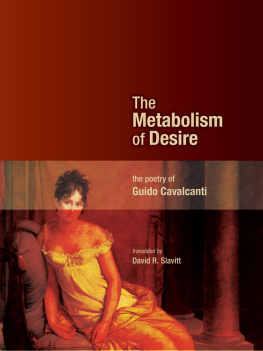

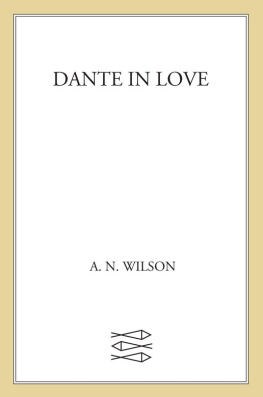
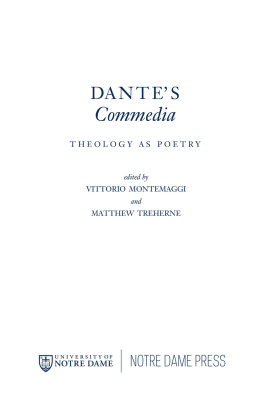
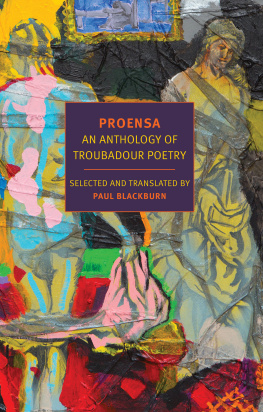
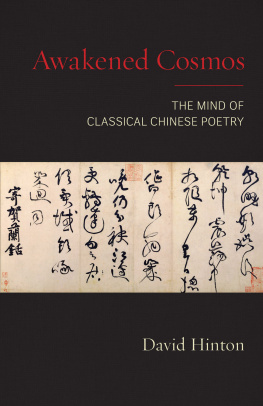
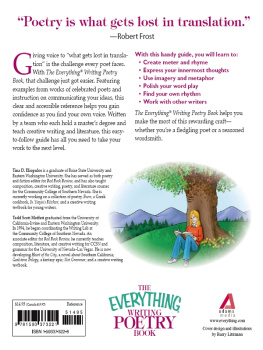
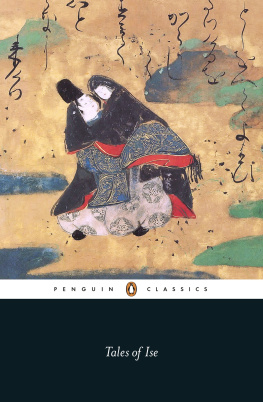
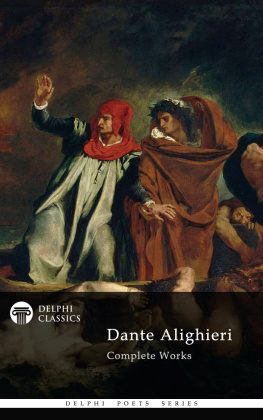
 Copyright 2012 David R. Slavitt Published by AU Press, Athabasca University 1200, 10011 109 Street, Edmonton, AB T5J 3S8 ISBN 978-1-926836-84-3 (print) ISBN 978-1-926836-85-0 (PDF) ISBN 978-1-926836-86-7 (epub) A volume in Mingling Voices ISSN 1917-9405 (print) 1917-9413 (online) Cover design by Kate Hall. Printed and bound in Canada by Marquis Book Printers. 1300 [Selections. 1300 [Selections.
Copyright 2012 David R. Slavitt Published by AU Press, Athabasca University 1200, 10011 109 Street, Edmonton, AB T5J 3S8 ISBN 978-1-926836-84-3 (print) ISBN 978-1-926836-85-0 (PDF) ISBN 978-1-926836-86-7 (epub) A volume in Mingling Voices ISSN 1917-9405 (print) 1917-9413 (online) Cover design by Kate Hall. Printed and bound in Canada by Marquis Book Printers. 1300 [Selections. 1300 [Selections.  Assistance provided by the Government of Alberta, Alberta Multimedia Development Fund.
Assistance provided by the Government of Alberta, Alberta Multimedia Development Fund.  Please contact AU Press, Athabasca University at for permissions and copyright information. For Janet. Ancora. 12551300) was, after Dante, the most important Italian poet of the thirteenth century. 12551300) was, after Dante, the most important Italian poet of the thirteenth century.
Please contact AU Press, Athabasca University at for permissions and copyright information. For Janet. Ancora. 12551300) was, after Dante, the most important Italian poet of the thirteenth century. 12551300) was, after Dante, the most important Italian poet of the thirteenth century.